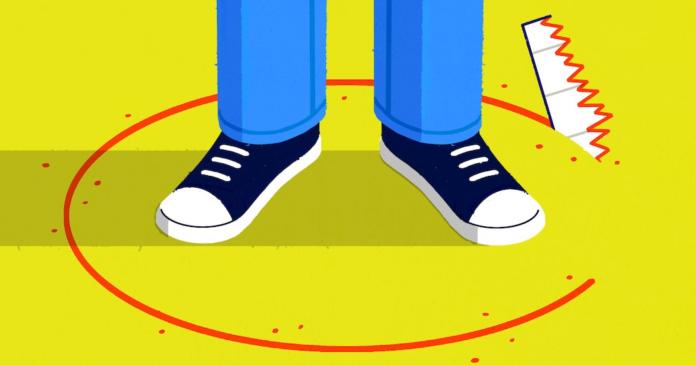The government needs to make difficult and unpleasant economic decisions if it wants to avoid a recession.
It was the overall feeling of economists commenting on the contracting economy by more than half a percent in the third quarter.
Chief Economist at Economist.co.za Mike Schussler said, “this is the fourth decline during the presidency of President Cyril Ramaphosa”.
“South Africa may now struggle to even grow 0.5% this year and the likelihood of a recession is here again.
“SA needs more business confidence and more consumer confidence.
“It also needs luck with the weather and an increase in commodity prices it exports or we will have another weakish year in 2020,” said Schussler.
“We need action and not another commission or advice panels that are unlikely to get anywhere quickly.
“I am now very concerned about the employment trends for next year we could again see further job losses on top of those of this year.”
Economist Dawie Roodt blamed government’s inaction on taking and implementing difficult decisions.
“SA’s economy is in very deep trouble. The government is to blame because it keeps avoiding taking and implementing difficult decisions to cause short-term pain for long term gain.” Quarter 3 GDP numbers released by Stats SA showed that after rebounding by a revised 3.2% in the second quarter of 2019, activity in the economy slipped slightly.
Mining, manufacturing and transport were the biggest drags on growth.
Roodt said, “if you want to point a finger, point it at this government”.
“It is the most destructive force this economy has ever seen. Just look at how they are handling the SAA circus. They don’t take difficult decisions because they can’t implement them.
“There are a couple of things that we can do to get out of this hole, but all the options are going to be painful.”
Roodt said the first option would be to do something like restructure Eskom, “which will lead to probably 20000 jobs lost”. “Those people will stop spending in the economy which will lead to a slowdown in economic growth, maybe even to a recession in the short term. It’s the easiest option because its short, but also politically unpalatable for politicians who are scared of organised labour.
“The longer term option is to keep, keep on doing what we’ve been doing, then we’ll see a downgrade. The rand will gradually deteriorate. Economic growth will hover around zero with gradual unemployment and high poverty levels without growth prospects.”
Household final consumption (HFCE) expenditure increased by 0.2% in the third quarter, contributing 0.1 of a percentage point to total growth. FNB Economist Matlhodi Matsei said, “household consumption was under pressure due to low levels of consumer confidence, high unemployment and a weak income gross”.
